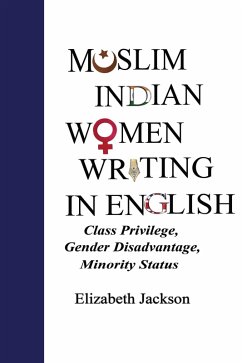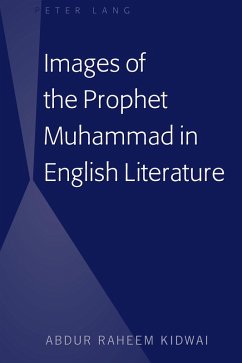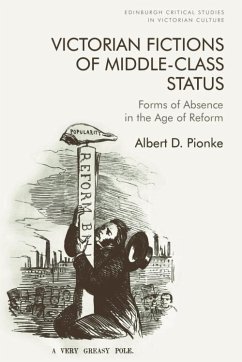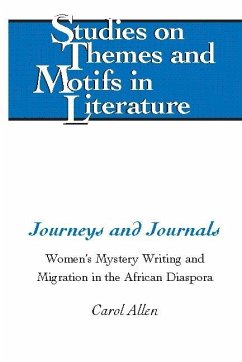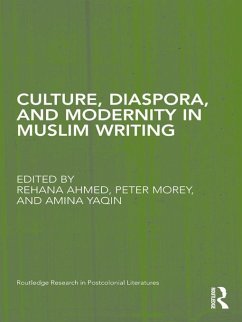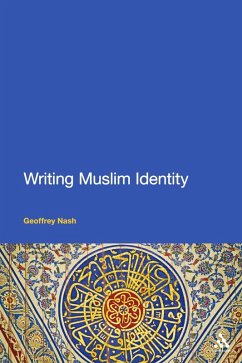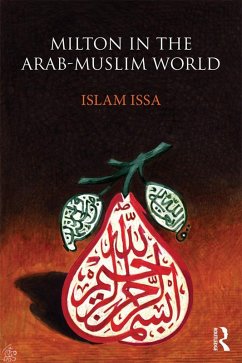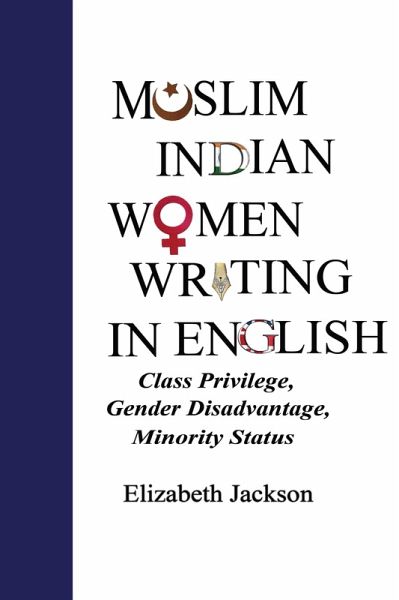
Muslim Indian Women Writing in English (eBook, ePUB)
Class Privilege, Gender Disadvantage, Minority Status
Versandkostenfrei!
Sofort per Download lieferbar
Statt: 80,95 €**
66,95 €
inkl. MwSt.
**Preis der gedruckten Ausgabe (Gebundenes Buch)
Alle Infos zum eBook verschenkenWeitere Ausgaben:

PAYBACK Punkte
33 °P sammeln!
In Muslim Indian Women Writing in English: Class Privilege, Gender Disadvantage, Minority Status, Dr. Elizabeth Jackson conducts a study of the literary fiction of the four best-known Muslim Indian women writing in English during the postcolonial period: Attia Hosain (1913-1998), Zeenuth Futehally (1904-1992), Shama Futehally (no relation, 1952-2004), and Samina Ali (b. 1969). As elite Muslim women in India, the literary vision of these authors is influenced by their paradoxical position of class privilege, gender disadvantage, and minority status. Accordingly, there are recurring thematic con...
In Muslim Indian Women Writing in English: Class Privilege, Gender Disadvantage, Minority Status, Dr. Elizabeth Jackson conducts a study of the literary fiction of the four best-known Muslim Indian women writing in English during the postcolonial period: Attia Hosain (1913-1998), Zeenuth Futehally (1904-1992), Shama Futehally (no relation, 1952-2004), and Samina Ali (b. 1969). As elite Muslim women in India, the literary vision of these authors is influenced by their paradoxical position of class privilege, gender disadvantage, and minority status. Accordingly, there are recurring thematic concerns central to the fiction of all four writers, each of which forms a chapter in the book: "e;Religion and Communal Identity,"e; "e;Marriage and Sexuality,"e; "e;Gender and Social Class,"e; and "e;Responding to Patriarchy."e; The first chapter, "e;Form and Narrative Strategy,"e; provides an initial framework by examining the literary techniques of each writer.Much has been written about literature in English by Indian women, about Muslim literature in general, about the Muslim minority in India, and about Muslim women all over the world. However, until now there has been no major academic study of literature in English by Muslim Indian women. Aimed at researchers, students, and general readers, this book aims to fill that gap in the critical scholarship.
Dieser Download kann aus rechtlichen Gründen nur mit Rechnungsadresse in A, B, BG, CY, CZ, D, DK, EW, E, FIN, F, GR, HR, H, IRL, I, LT, L, LR, M, NL, PL, P, R, S, SLO, SK ausgeliefert werden.




